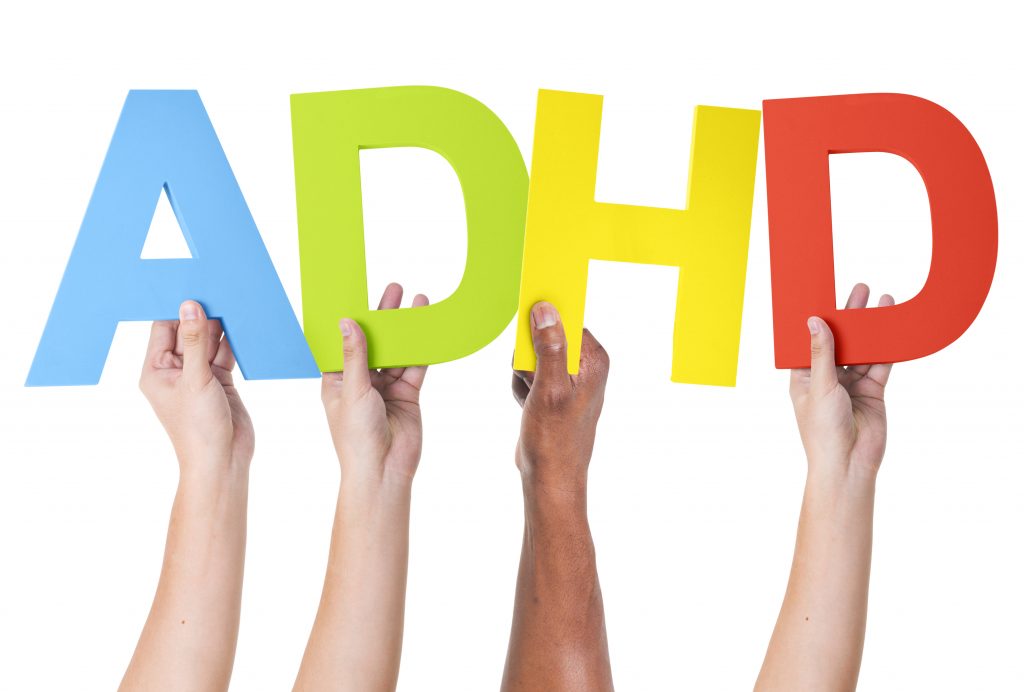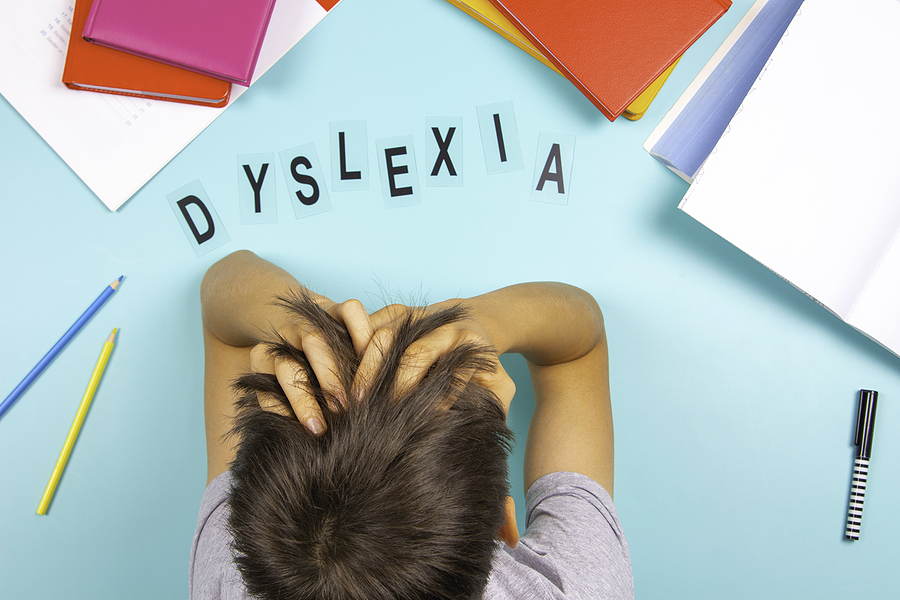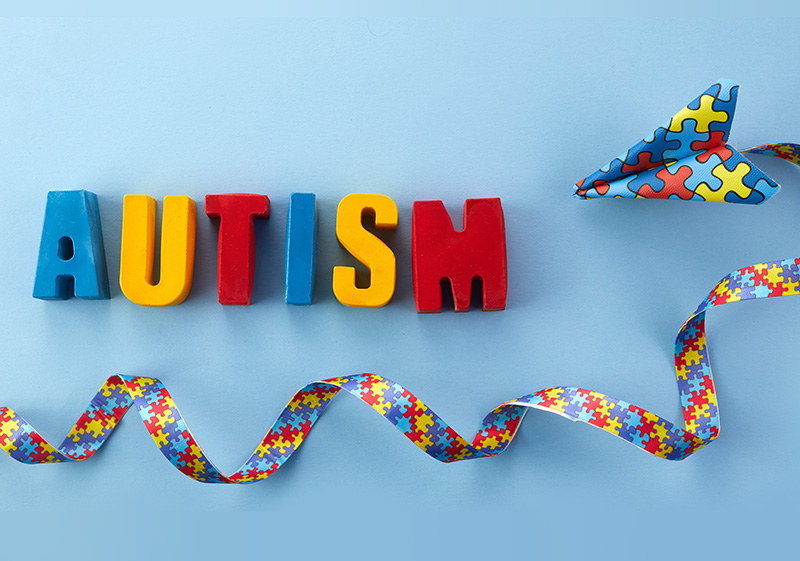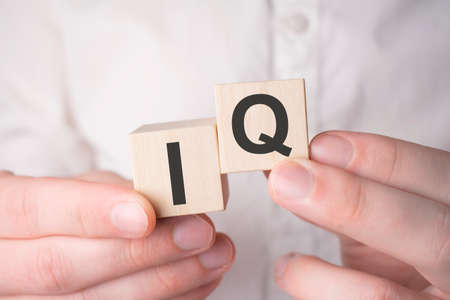Understand Your Child's Needs
The key goal of assessment is not to ‘label’ a child, but to understand his/her strengths and weaknesses, and identify the best approaches to help him/her reach his full potential.
Psychological & Educational Assessment
All parents want the best for their children, but you may be unsure about what exactly your child needs or what might be causing the difficulties they are facing. A good assessment should not only provide a better understanding of your child’s strengths and needs, but also answer the key question – how can we help him/her?
Our assessment room is designed to be a comfortable and distraction-free zone. We have taken additional precautions including a HEPA air filter and thorough sanitisation of all surfaces before and after every client. We also offer online assessments when appropriate. We have extensive experience in the following assessments:
Psychological assessment is not simply administering a test. Accurate assessment and diagnosis requires experience and expertise in analyzing the findings and ruling out competing hypotheses. The professional needs to be well-versed in the latest research which helps sharpen our diagnostic capabilities.
The assessment battery will be customised for each child after the initial consultation with the psychologist. We have extensive experience in the following assessments:
- Learning, academic and school readiness assessment
- Specific learning disorders including dyslexia
- Autism spectrum disorder (ASD)
- Attention Deficit Hyperactivity Disorder (ADHD)
- Cognitive assessment / IQ test / test for giftedness
- Neuropsychological assessment (e.g. memory, attention, executive functioning)
- Adaptive functioning, e.g. independent self help skills
- Social emotional behavioral assessment
- School applications (e.g. SPED schools, selective schools)
- Assessment for exam accommodations / access arrangements (e.g. extra time)
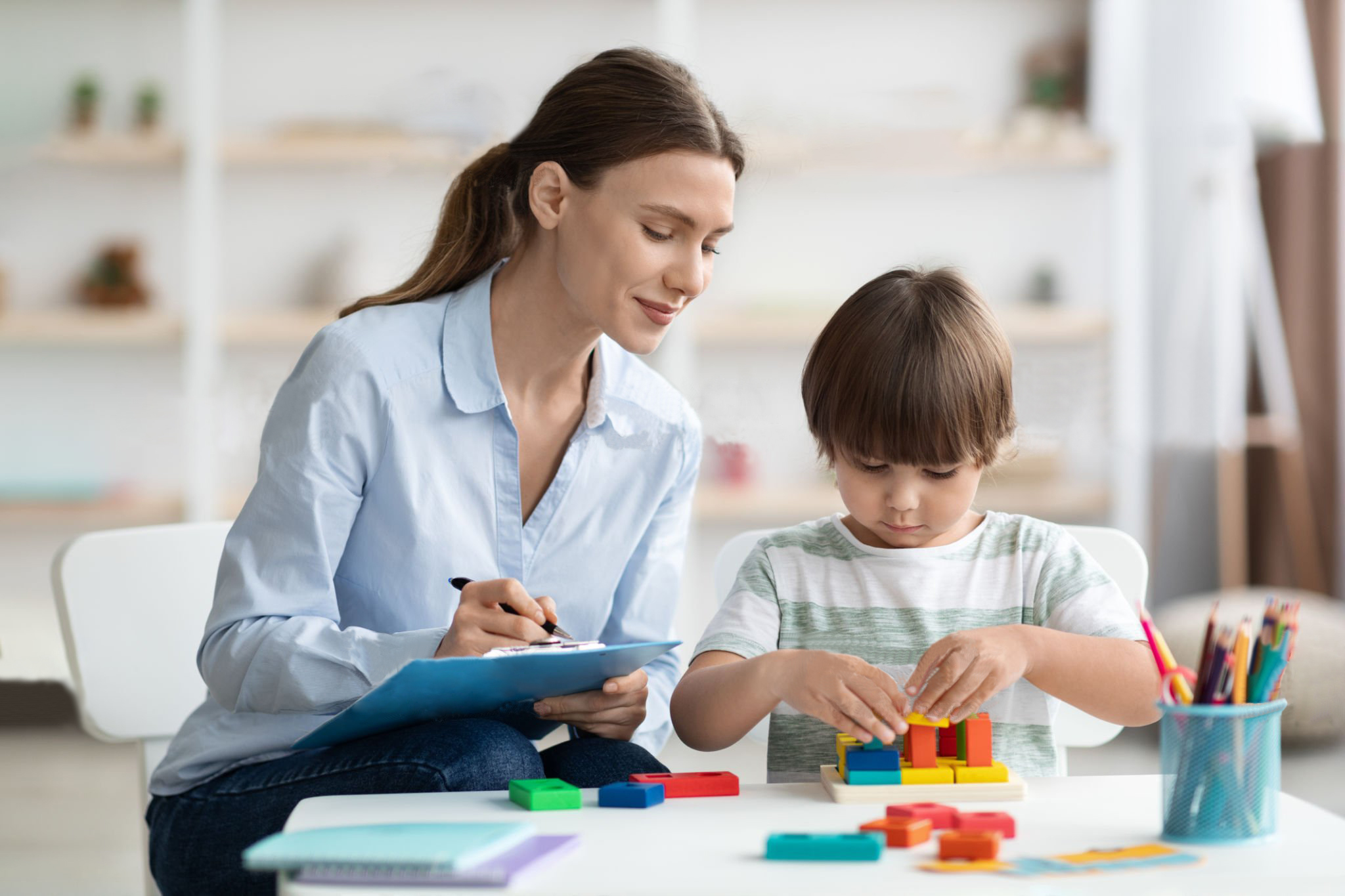
Psychological assessment is not simply administering a test. Accurate assessment and diagnosis requires experience and expertise in analyzing the findings and ruling out competing hypotheses. The professional needs to be well-versed in the latest research which helps sharpen our diagnostic capabilities.
The assessment battery will be customised for each child after the initial consultation with the psychologist.
Click on the pictures below to find out more about our assessments.
Best Practices in Assessments at Bloom
A diagnosis is just the beginning.
Diagnosis aside, a good assessment should always inform intervention. It should provide us with a better understanding of the child and concrete ideas of how to support him/her.
We try not to make it feel like a test.
We seek to make the assessment process as enjoyable and stress-free as possible, so we can bring out the best in your child. We are always happy to hear from parents that their child asked to return after testing!
More is not always better.
Over-testing can be draining for both your child and your resources. We only recommend what is necessary based on your presenting concerns. We usually limit test sessions to 2 hrs (with breaks), especially for younger children.
We look for strengths and resources.
Assessments should be strengths-based. We believe not only in identifying and addressing areas of weakness, but also in highlighting every child’s unique strengths.
We give feedback to the child.
Our goal is that every child learns something about themselves through the assessment. Thus, we highlight strengths observed to the child so they can feel empowered in the process.
We know it’s hard to wait…
We aim to feedback our assessment findings to parents within 2 to 3 weeks after assessment is completed. This allows you to take prompt action based on your child’s profile and our recommendations.
Assessment Tools & Tests
We utilise well-established standardised assessment tools in our practice. We ensure that our tools are up-to-date and provide reliable and valid assessment data. As with all tools, the impact is in the hands of the user. Psychologists diagnose, tests do not. Extensive clinical experience is needed to accurately interpret assessment data. Our tools include:
Cognitive / IQ Tests
Academic Tests (Literacy, Language, Numeracy)
Social Skills / Autism
Attention / Executive Functions
- Conners 4th Edition (Conners 4)
- Conners Continuous Performance Test Third Edition (Conners CPT-3)
- Neuropsychological Assessments (NEPSY-II)
- Comprehensive Trail-Making Test, Second Edition (CTMT-2)
- MOXO Continuous Performance Test
- Behavior Rating Inventory of Executive Function, Second Edition (BRIEF 2)
Emotional / Behavioural
- Behavior Assessment System for Children, Third Edition (BASC-3)
- Vineland Adaptive Behavior Scales, Third Edition (Vineland-3)
- Multidimensional Anxiety Scale for Children, Second Edition (MASC 2)
- Revised Children’s Anxiety & Depression Scale (RCADS)
- Screen for Child Anxiety Related Disorders (SCARED)
- Children’s Yale–Brown Obsessive-Compulsive Scale (CY-BOCS)
- Piers-Harris Self-Concept Scale, Third Edition (Piers-Harris 3)
Handwriting / Visual-motor / Sensory
Preparing Your Child
We are often asked by parents what to tell their child about coming for assessment. Once your appointment is booked, we will send you a detailed schedule and a letter that you can share with your child, where we use child-friendly language to explain who we are and what to expect. With more anxious children, we encourage them to bring along something they are proud of (e.g. favourite toy, book or art work) as this often helps to break the ice.
Our assessment sessions last an average of 2 hours, as we find most kids cope well with this, especially with breaks given. We will be flexible in adjusting the session length according to your child’s needs. For instance, some children complete an assessment and still have bundles of energy left, while others function best with plenty of mini breaks. We have also split assessments across sessions for children who find it harder to sustain their attention. Ultimately, our goal is the same as yours – to obtain reliable results that help us understand your child better.
Confidentiality
We have ethical and legal responsibilities to protect you and your child’s privacy. The information obtained will be safeguarded and your consent will be required to release any information to third parties (barring exceptional circumstances such as a court order).
Contact Us
Book Your First Session
We value your feedback and inquiries. If you have any questions, comments, or suggestions, please feel free to reach out to us. Our dedicated team is here to assist you and provide the information you need.
Conatct Us
Book Your First Session
We value your feedback and inquiries. If you have any questions, comments, or suggestions, please feel free to reach out to us. Our dedicated team is here to assist you and provide the information you need.

